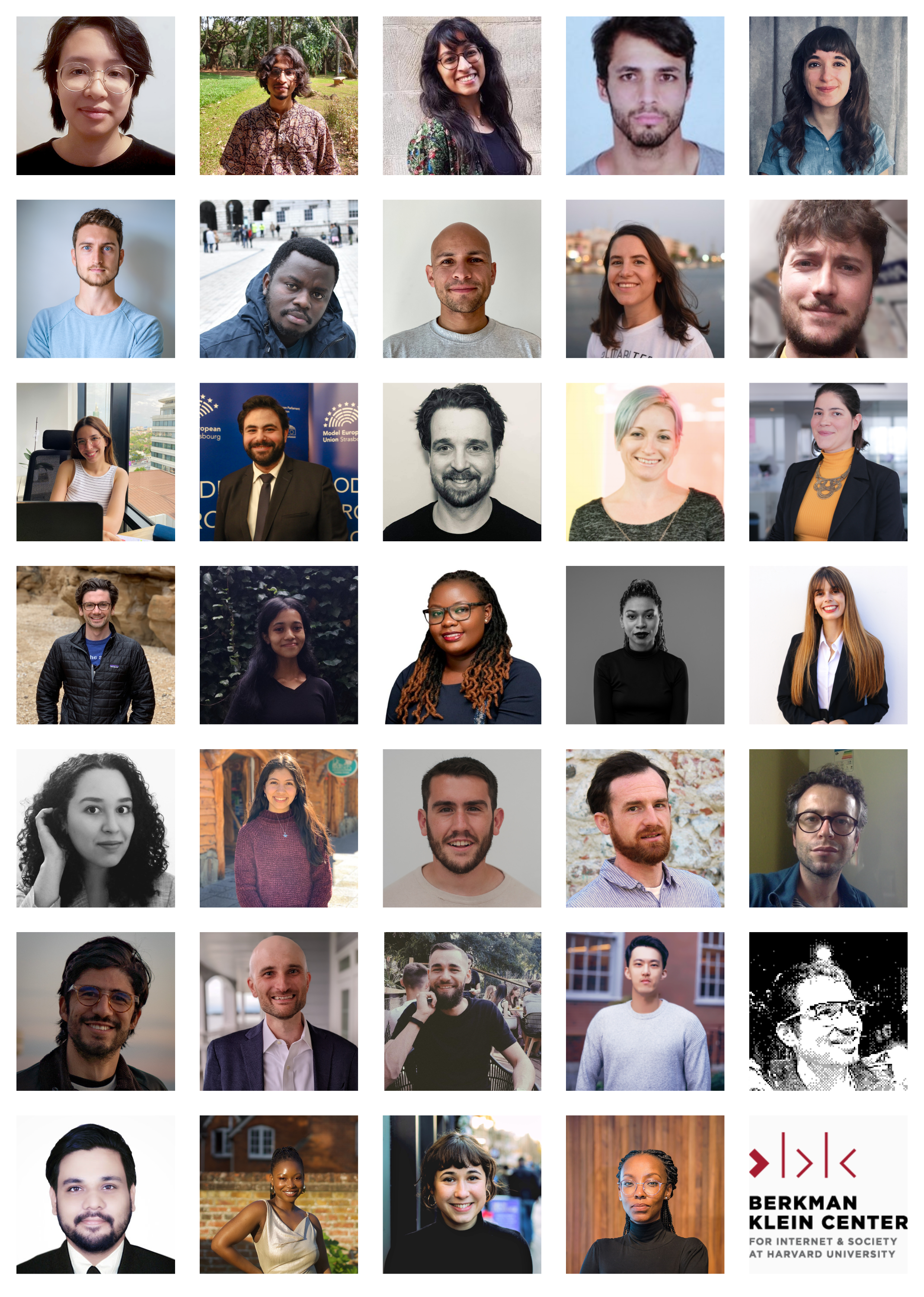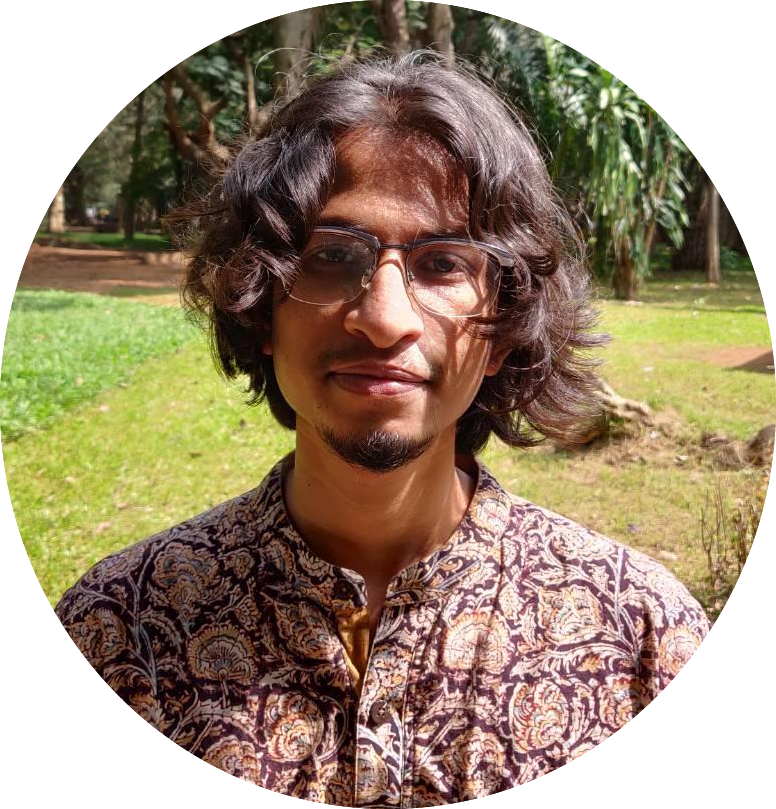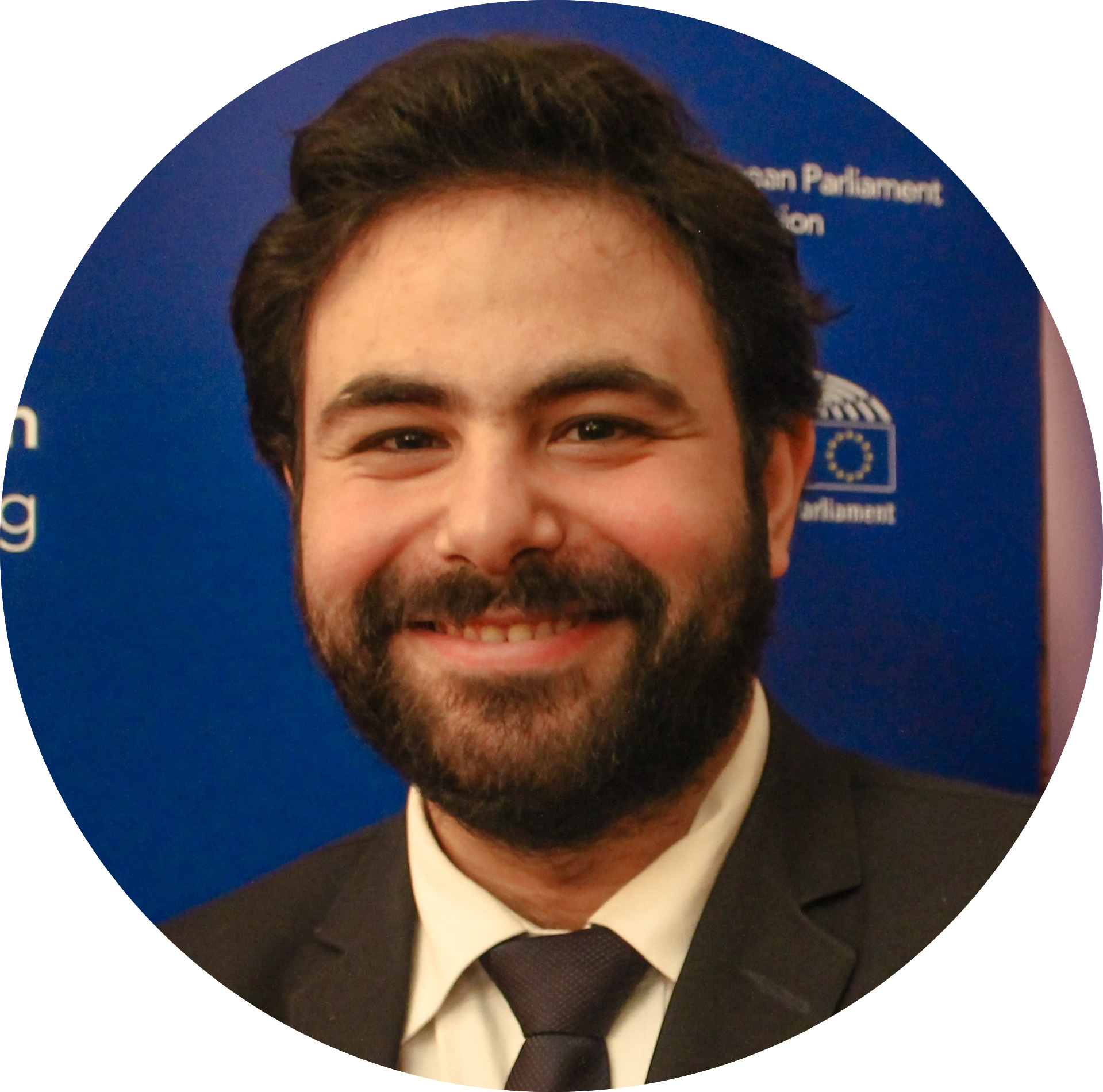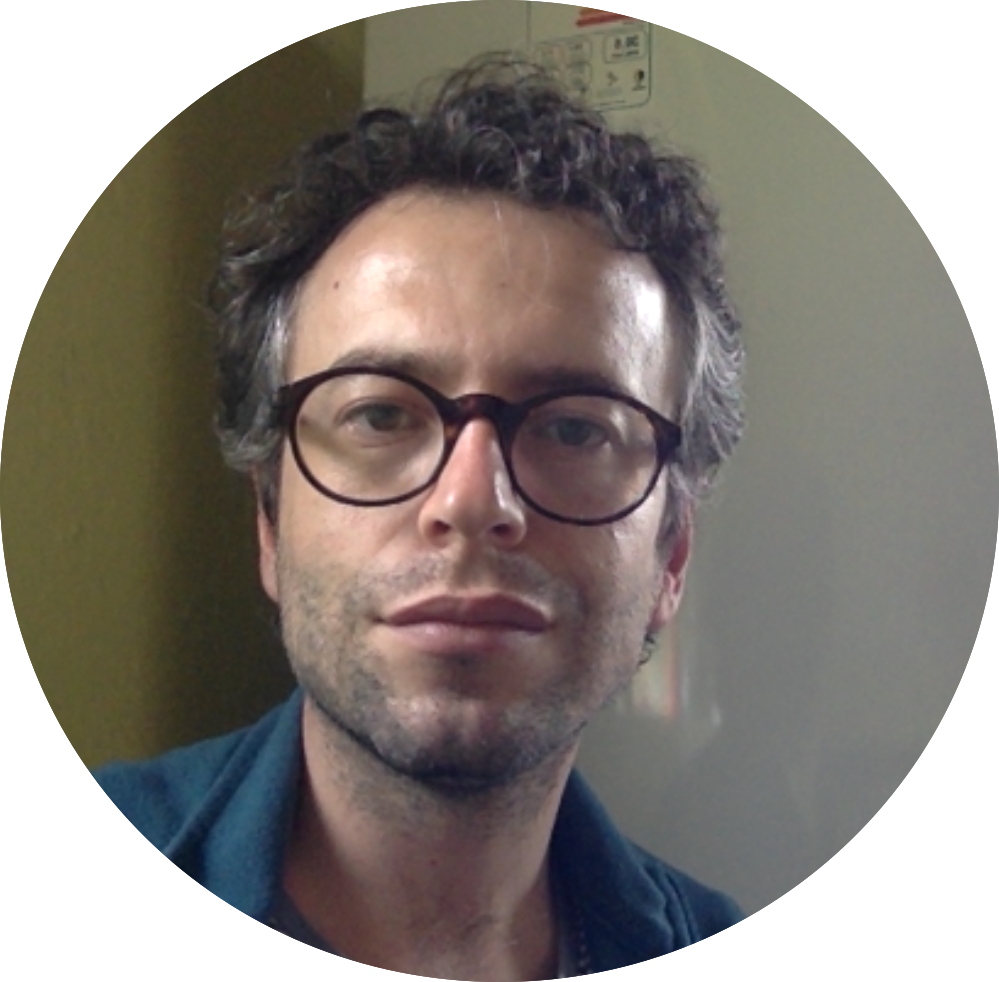
Research sprint examines challenges of navigating digital identity amid crises
GLOBAL COHORT OF EARLY-CAREER SCHOLARS AND PRACTITIONERS EXPLORES THE ETHICAL AND HUMAN RIGHTS CONSIDERATIONS OF DIGITAL IDENTITY IN TIMES OF CRISIS
The Berkman Klein Center for Internet & Society, in collaboration with metaLAB (at) Harvard, the Edgelands Institute, and AccessNow, is welcoming 34 early-career scholars and practitioners working in 16 countries who will participate in a ten-week research sprint exploring the ethical, human rights, and societal impacts of digital identity in times of crisis.

Digital identity – or the ability for people to prove who they are and, in turn, to allow sociotechnical systems to identify them – is a double-sided coin. It can enable participation by allowing people to receive social benefits from state and civic organizations, engage in economic opportunities such as work and training programs, vote, and access other services. But it can also be used to control, exclude, and target people by removing their social benefits and limiting their rights..
The last three years have seen calamities accelerate – a pandemic, international conflicts, rising authoritarianism, and climate-driven crises – such that the need for safety, security, and communication is greater than ever before. These calamities are likely to continue, and in the maelstrom of crisis, even those decision-makers with the best intentions will make choices rapidly within a limited set of options and under conflicting pressures. Some decision-makers may not sufficiently consider the privacy and security of people’s digital identity. Others may be less concerned with the broader social good, using access to others’ digital identities to serve themselves.
The “Digital Identity in Times of Crisis: Designing for Better Futures” research sprint will challenge participants to evaluate how digital identity systems can best serve communities in times of crisis, how to guard against harms arising either from well-intended plans gone awry or from the misuse of power, and how to envision a future in which people's digital identities are respected and supported. The participants, who bring a range of backgrounds and areas of expertise to the discussion, will then work with practitioners to create one of three outputs: data visualizations that inform how people’s digital identity is captured or used, pieces of speculative fiction that envision better engagements with digital identity in the future, or policy recommendations for the design of sociotechnical systems that respond nimbly to crisis while treating people’s digital identities with respect and responsibility.
“Digital Identity in Times of Crisis: Designing for Better Futures” is the latest sprint in the BKC Research Sprints program. The program enables the rapid development of new research ideas and policy ideation through a community of burgeoning experts committed to collaboratively tackling difficult tech policy problems.
Participants
 Abbas Bagwala
Abbas Bagwala
India
Independent Researcher
 Anh Le
Anh Le
United States
The New School
 Bhumika Billa
Bhumika Billa
India/United Kingdom
Faculty of Law and Centre for Business Research, University of Cambridge
 Cesar Augusto Fontanillo Lopez
Cesar Augusto Fontanillo Lopez
Spain/Belgium
Center for IT and IP Law, KU Leuven
 Charlie Smith
Charlie Smith
United Kingdom
Oxford Internet Institute, University of Oxford
 Chelsea Butkowski
Chelsea Butkowski
United States
Center on Digital Culture & Society, University of Pennsylvania
 Ongere Churchill
Ongere Churchill
Kenya
Hivos/United States International University - Africa
 Elena Casale
Elena Casale
United Kingdom
Oxford Internet Institute, University of Oxford
 Eslin Özlem
Eslin Özlem
Turkey
Istanbul Bilgi University
 Gabriel Fonlladosa
Gabriel Fonlladosa
France
National Agency for Territorial Cohesion (ANCT)
 Ibrahim Sabra
Ibrahim Sabra
Egypt
The British University in Egypt/Columbia Global Freedom of Expression
 Jack Smye
Jack Smye
Canada
Trent University
 Janaina Costa
Janaina Costa
Brazil
Institute for Technology & Society (ITS)
 Jennafer Roberts
Jennafer Roberts
United States/Cambodia
Accel AI Institute
 Joseph Brandifino
Joseph Brandifino
United States
Truman National Security Project/Harvard Kennedy School
 Jyotsna Iyer
Jyotsna Iyer
India/United Kingdom
University College London
 Lilian Olivia Orero
Lilian Olivia Orero
Kenya
Kenya School of Internet Governance (KeSIG)
 Mardiya Siba Yahaya
Mardiya Siba Yahaya
Ghana
Pollicy/Team CommUnity
 María Cristina Timón López
María Cristina Timón López
Spain
University of Murcia/ Explicit Selection/ External consultant (European Commission)
 Maria Luciano
Maria Luciano
Brazil
Independent Researcher
 Mariana Rozo Paz
Mariana Rozo Paz
Colombia
Datasphere Initiative, Internet and Jurisdiction Policy Network/ Universidad de los Andes
 Max Neu
Max Neu
Germany
Ernst Abbe Hochschule Jena | Landesverband Kinder- und Jugendfilm Berlin e.V.
 Nicholas Gates
Nicholas Gates
United States/United Kingdom
Digital Impact Alliance (DIAL), United Nations Foundation (UNF)
 Nicolás Llano Linares
Nicolás Llano Linares
Colombia/Brazil
Fundação Getúlio Vargas (ECMI) / Programming Historian en Español
 Nicolas Marin Navas
Nicolas Marin Navas
Colombia
London School of Economics and Political Science
 Oskar Szydlowski
Oskar Szydlowski
Poland
Polish Institute of Foreign Affairs/BlockFi
 Pavel Nabutovsky
Pavel Nabutovsky
United States
Tufts University/Fletcher
 Sean Chen
Sean Chen
Taiwan
New York University School of Law
 Sophie Bennani-Taylor
Sophie Bennani-Taylor
United Kingdom/France
The University of Edinburgh
 Sourav Kumar Panda
Sourav Kumar Panda
India/United States
Tufts University/Fletcher & CEIBS
 Valencia G. Scott
Valencia G. Scott
United States
University of Oxford/UC Davis
 Vanessa Gathecha
Vanessa Gathecha
Kenya
Baraza Media Lab
 Will Abramson
Will Abramson
United Kingdom
Edinburgh Napier University and Legendary Requirements
